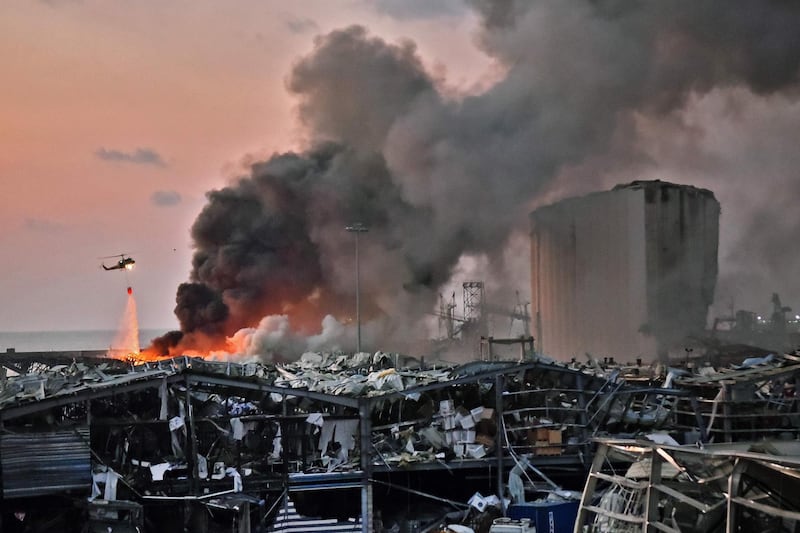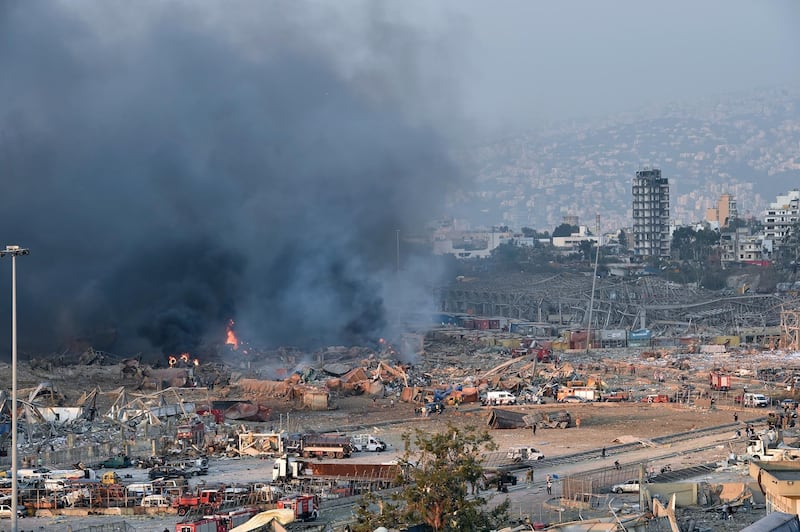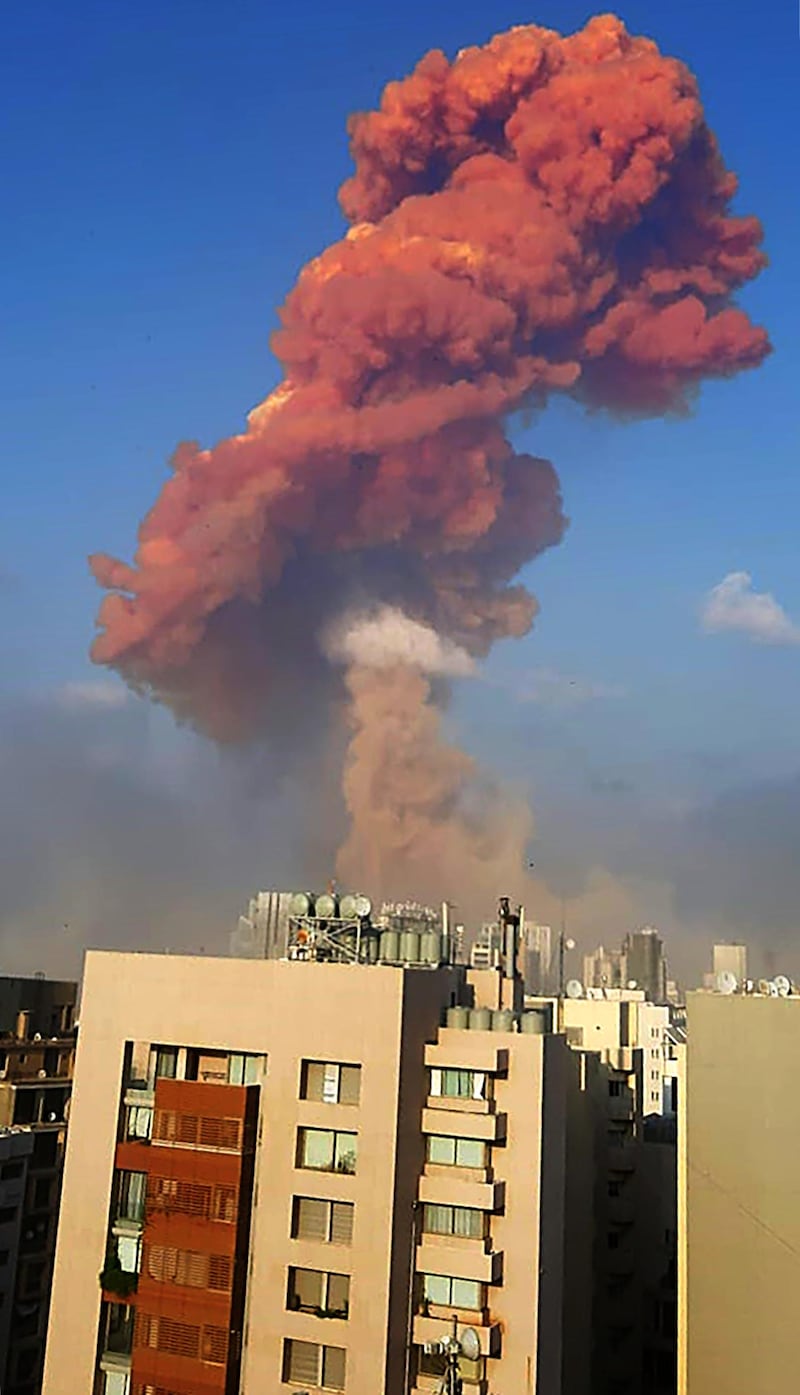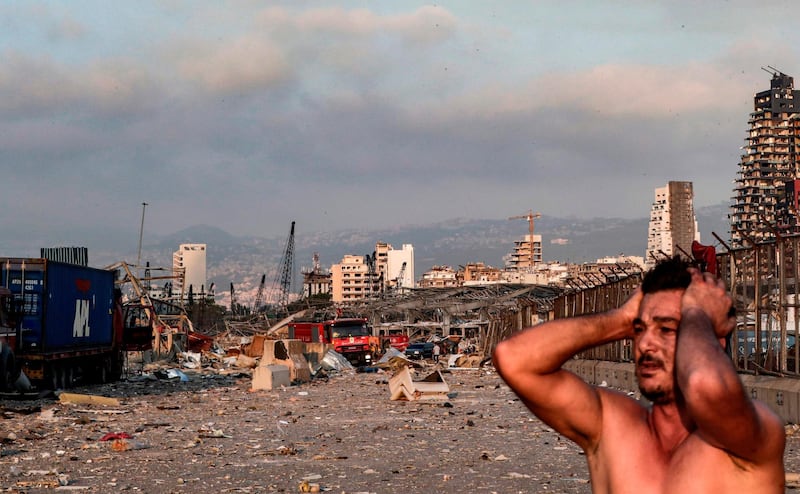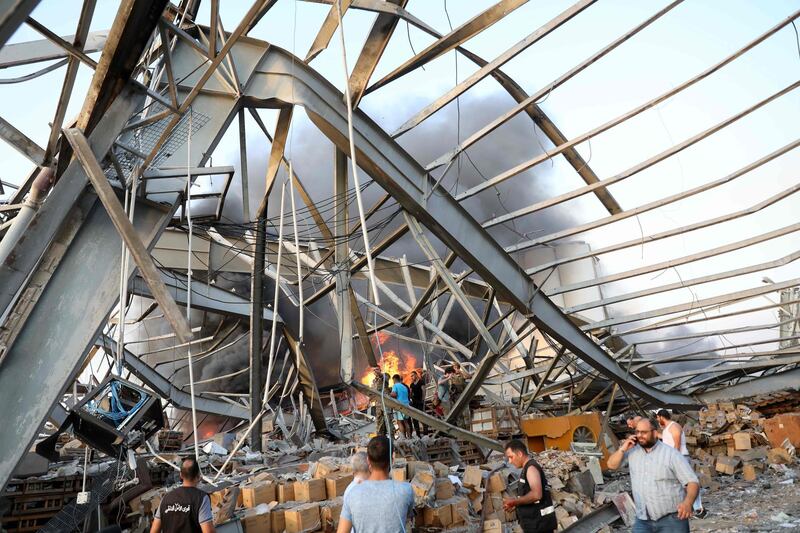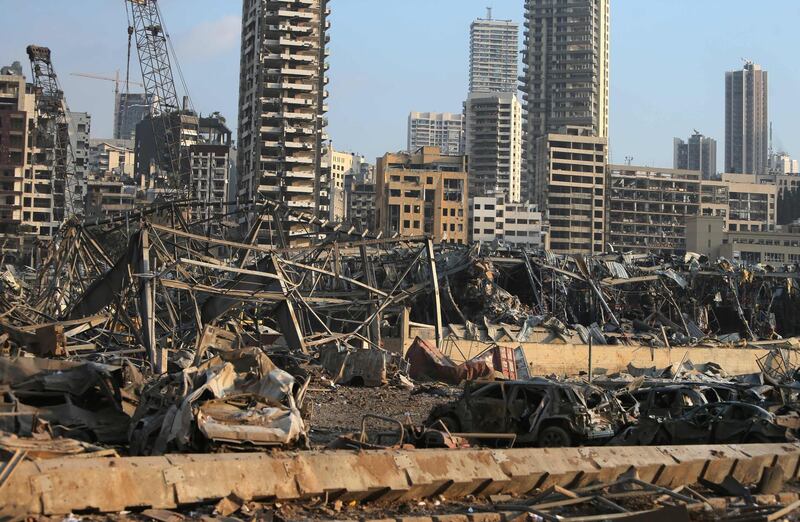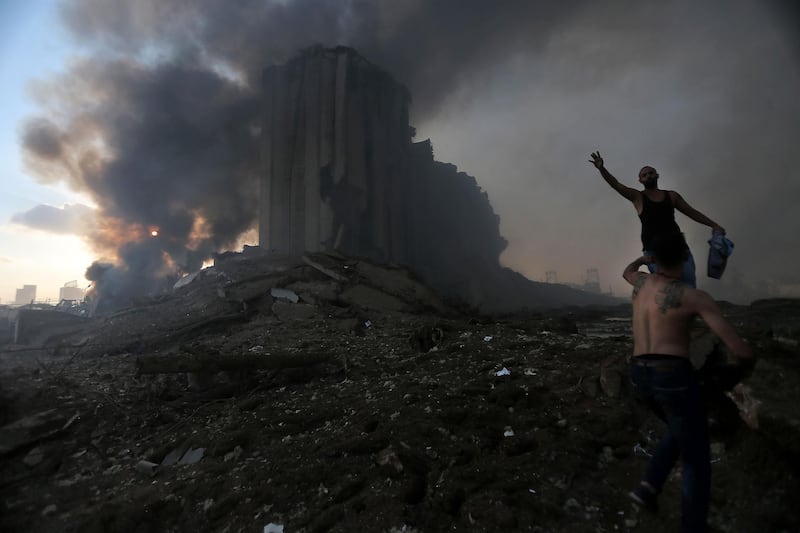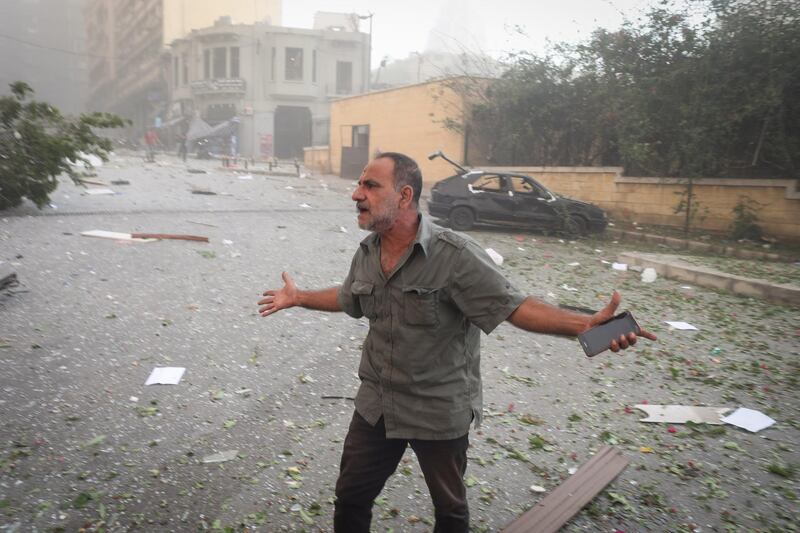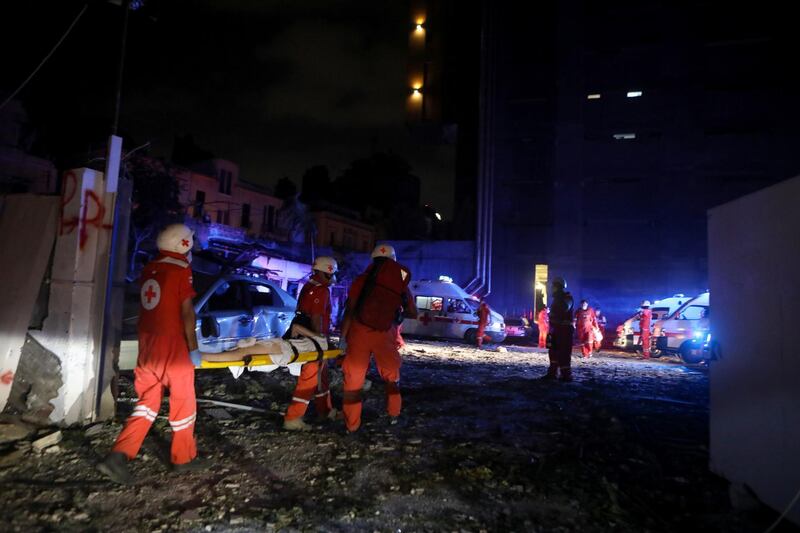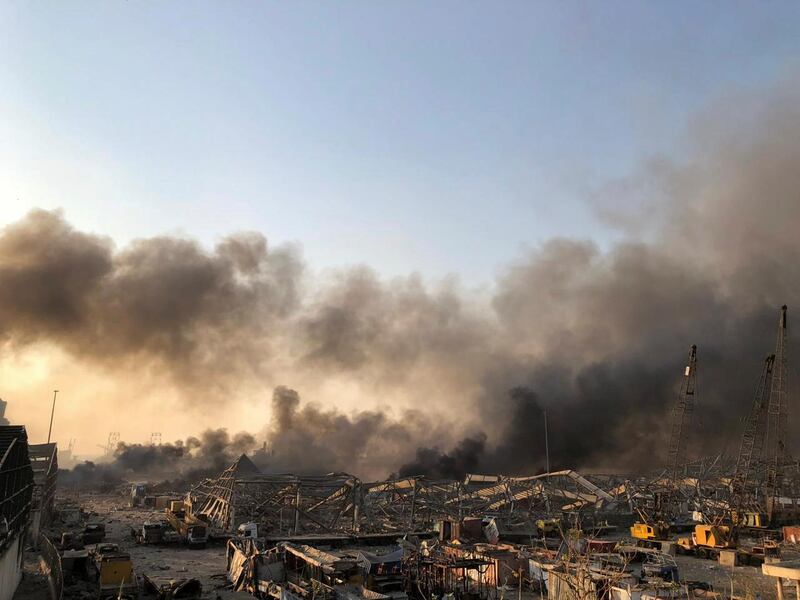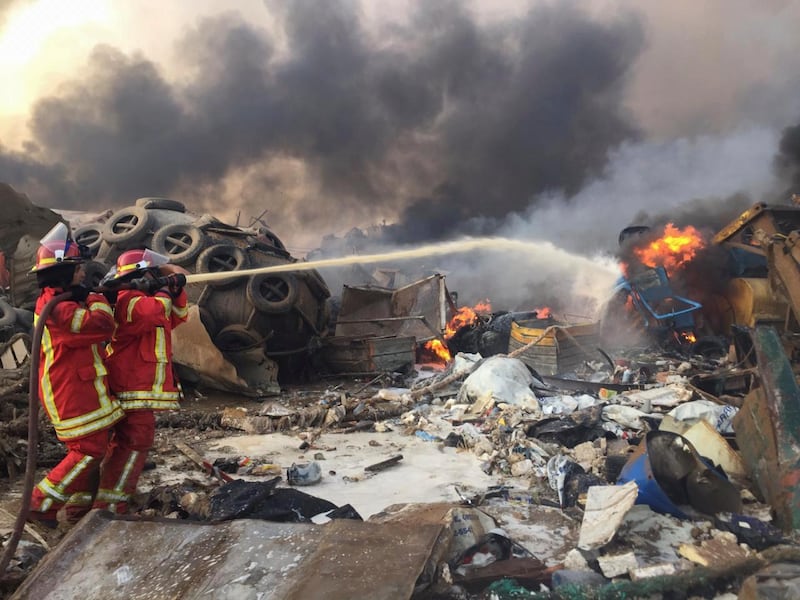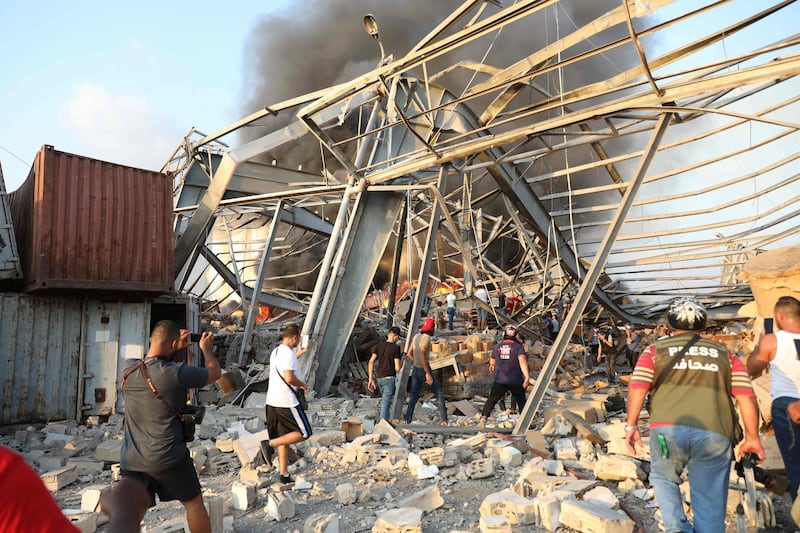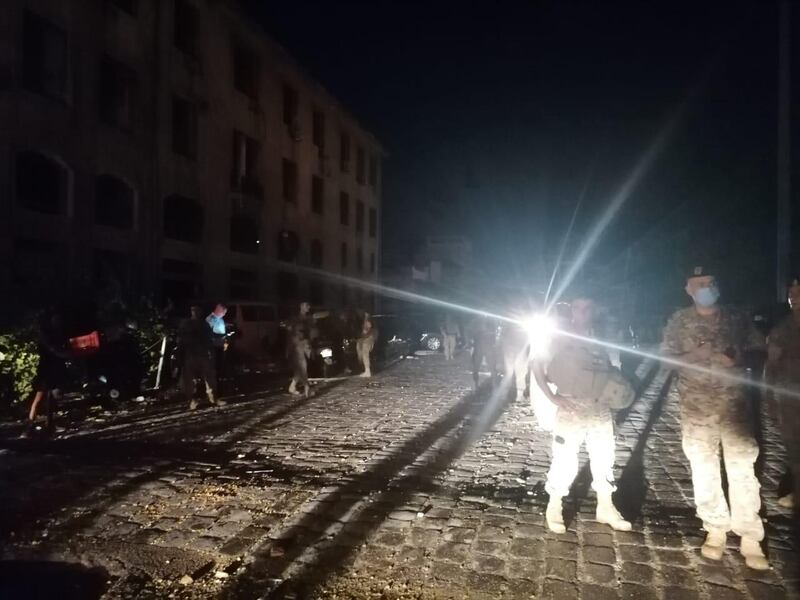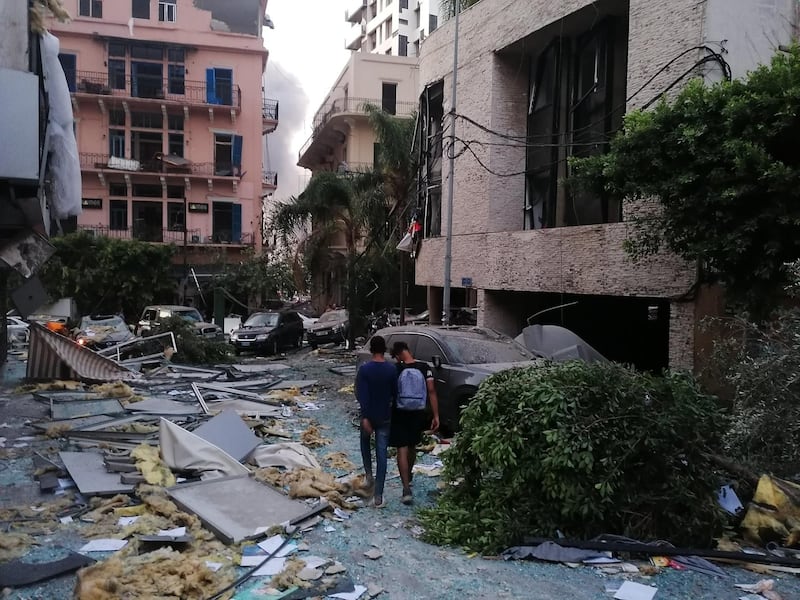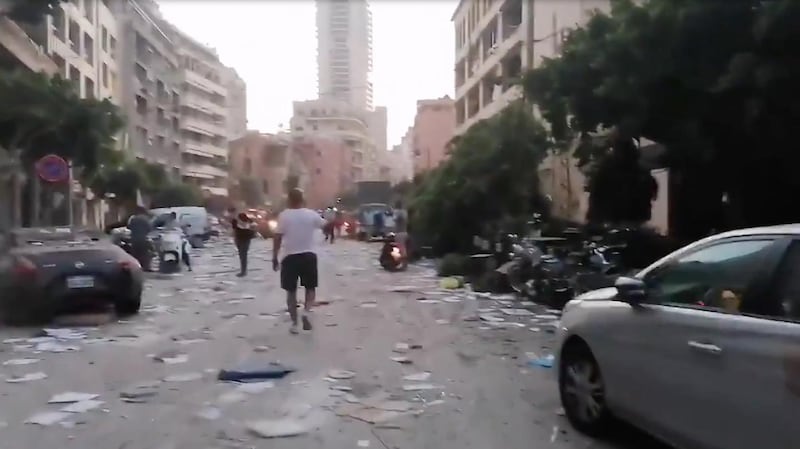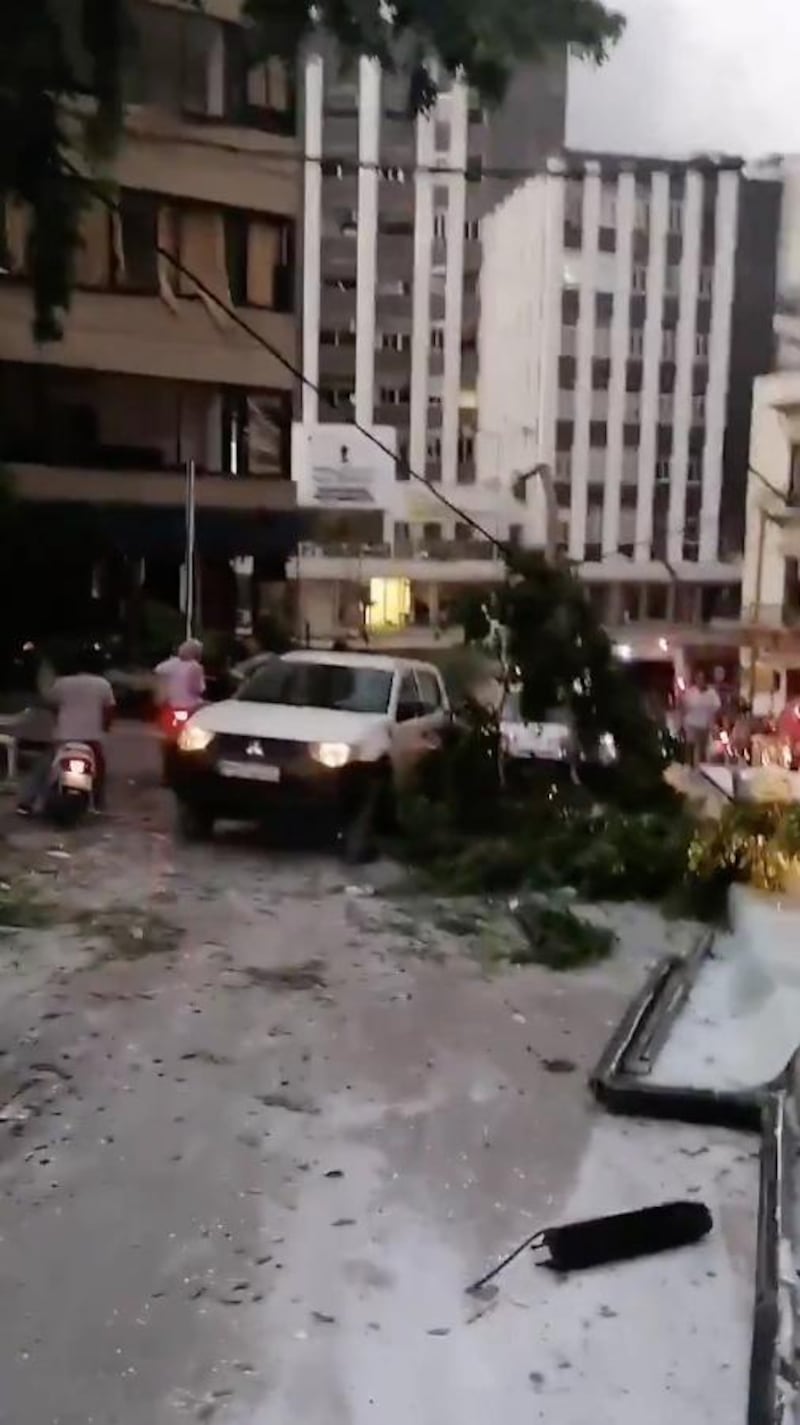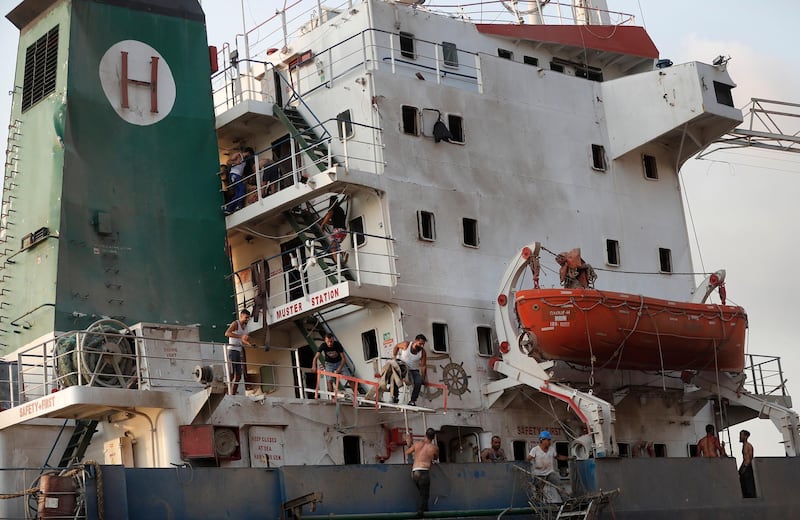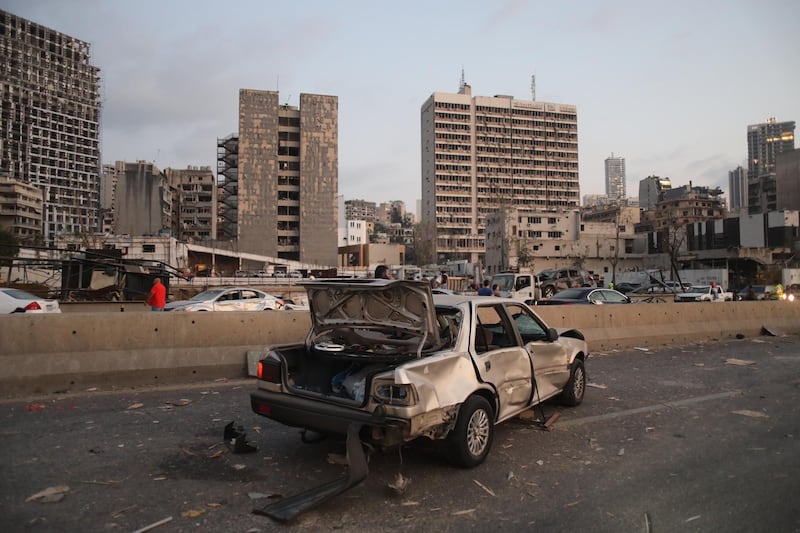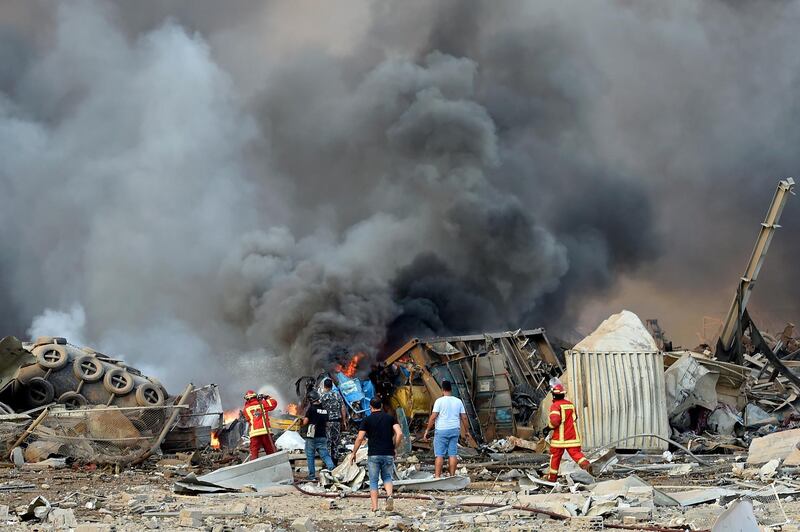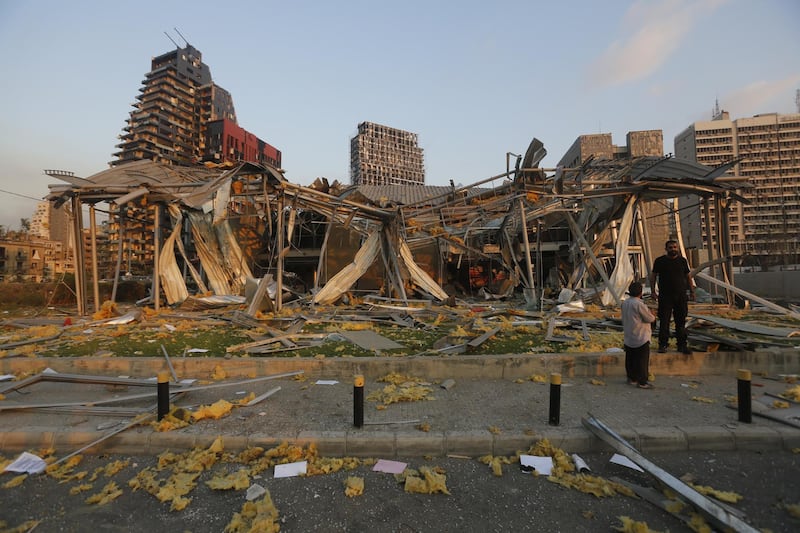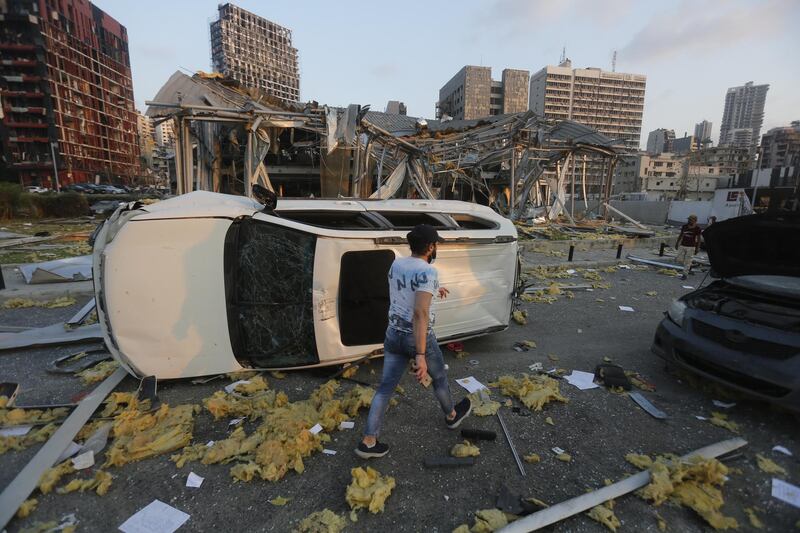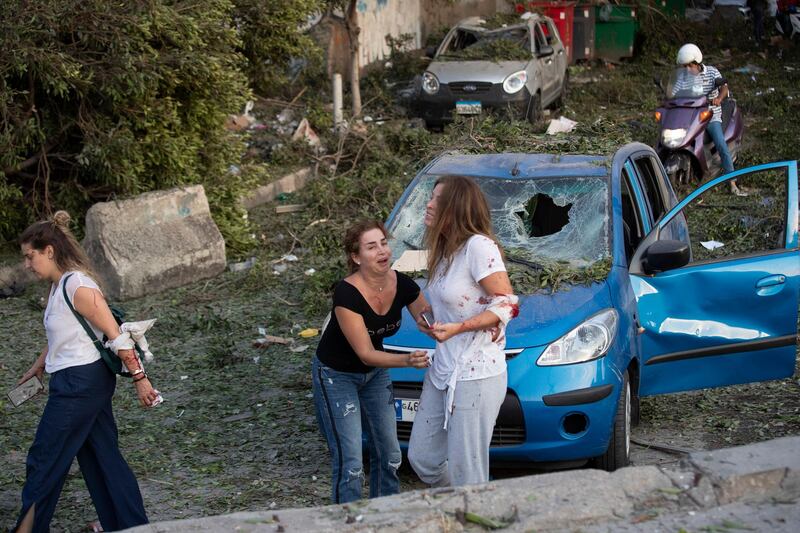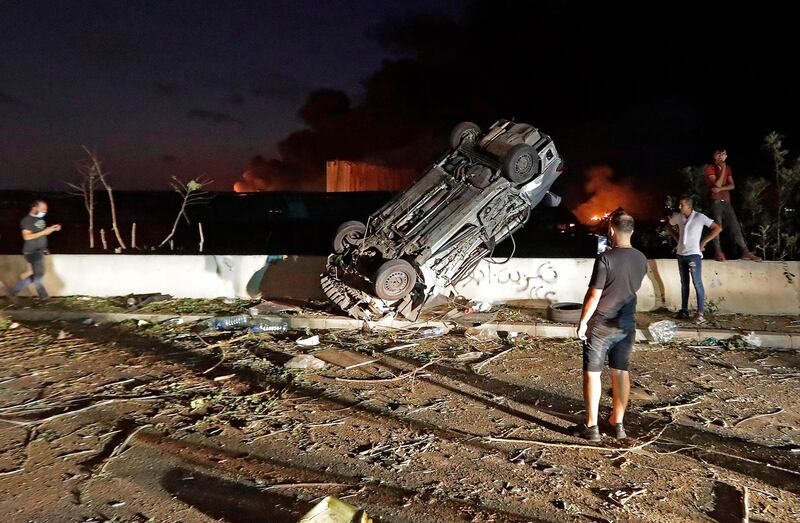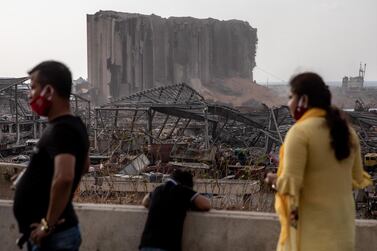Egypt and Iraq are taking action to clear dangerous chemicals being stored at ports after a massive explosion in Beirut's port this month.
Egyptian Finance Minister Mohamed Mait told parliament that new Customs procedures were being put in place to prevent the storage or abandonment of dangerous or explosive materials.
"What happened in Beirut made us examine our own situation and we actually got rid of large quantities of abandoned and neglected and dangerous materials that were in the ports," Mr Mait said on Sunday.
"There are materials that have been delivered to multiple ministries including oil and defence and interior, and by next December, Egyptian ports will be completely cleaned."
A few days after the Beirut explosion on August 4, Egypt's civil aviation ministry said it had ordered a review of materials at airports and the transfer of any hazardous goods to safe storage.
The blast in Beirut, caused by the detonation of more than 2,750 tonnes of ammonium nitrate stored at its port, killed more than 171 people and wreaked destruction across the Lebanese capital.
Iraq too is taking action.
The Customs authority said a study of major facilities had located 513 containers holding dangerous materials left at the docks of Umm Qasr port 550 kilometres south of Baghdad.
Customs Director General Khaled Salah said that since the Beirut blast they had studied 6,431 containers and identified 513 that posed a risk. He said that 20 containers belonging to the ministries of electricity and oil had been immediately removed because they contained explosives or dangerous dual-use items.
Mr Salah also called on the owners and authorities at the port to remove the rest immediately to “avoid possible accidents in the ports due to their accumulation in conditions contrary to safety, health, quality and international standards".
